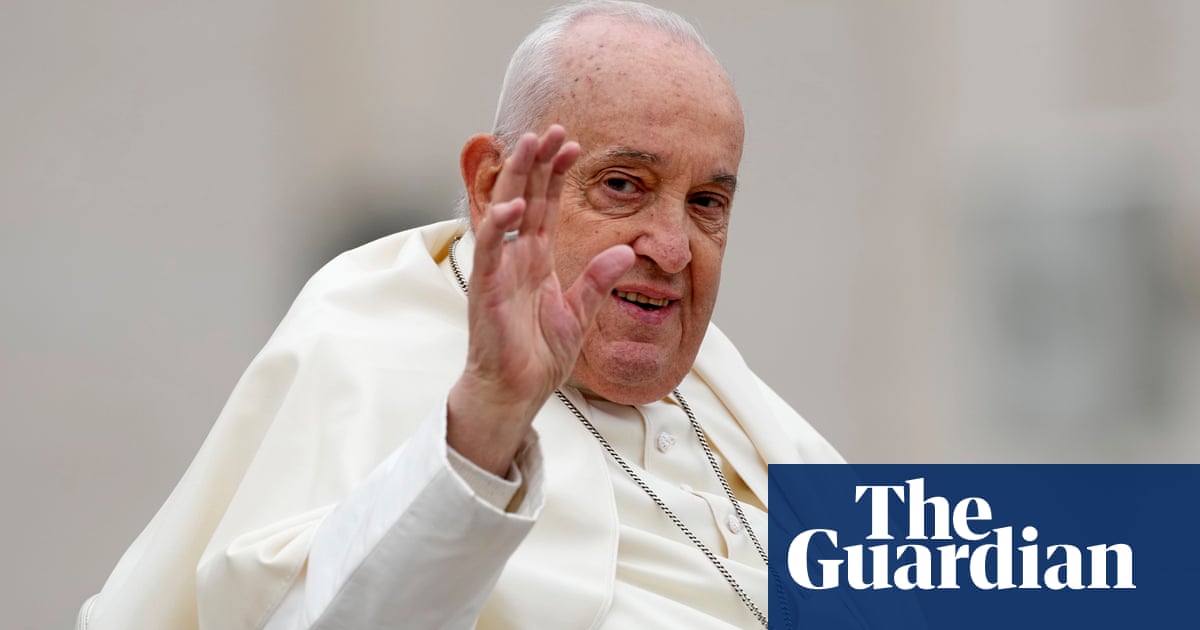The article reflects on the legacy of Pope Francis and the changes he brought to the Catholic Church during his papacy. With his recent passing, the discussion centers on his approach to various controversies and how he aimed to make the Church more compassionate. This analysis explores the implications of the article, potential biases, and its reliability.
Purpose of the Article
The piece serves to highlight Pope Francis's transformative impact on the Catholic Church, particularly regarding his inclusive stance towards various communities, including LGBTQ+ individuals. By focusing on his final days and the changes he initiated, the article aims to foster a sense of reflection among readers about the future direction of the Church in light of his passing.
Public Perception
The narrative cultivates an image of the Church as evolving into a more compassionate institution. This could resonate positively with progressive Catholics and those seeking reform within the Church, suggesting a shift in values and priorities under Pope Francis's leadership.
Potential Omissions
While the article emphasizes the positive changes introduced by Pope Francis, it may underplay the criticisms he faced for not fully addressing certain issues, such as the ordination of women or the handling of abuse scandals. This selective focus could suggest an attempt to present a more favorable view of his papacy.
Reliability of the Information
Overall, the article appears to be credible, drawing on insights from a knowledgeable source, Catherine Pepinster. However, the portrayal of Pope Francis's achievements may be somewhat idealized, which affects the overall objectivity. The article's balance could improve by acknowledging the criticisms he encountered.
Societal Impact
The death of Pope Francis and the subsequent search for his successor has the potential to influence both the Catholic community and wider societal discussions regarding reform and inclusivity. Depending on the new pope's stance, this could lead to shifts in public perception and engagement with the Church.
Support from Specific Communities
The article likely appeals to progressive Catholics and individuals advocating for reform within the Church. It may also resonate with broader audiences interested in social justice and inclusivity, reflecting a growing acceptance of diverse perspectives.
Financial Market Implications
While the article is primarily focused on religious and societal themes, the leadership change within the Catholic Church could influence sectors related to faith-based organizations and charities. However, the direct financial implications may be limited unless significant policy changes occur under the new papacy.
Global Power Dynamics
Though the article primarily addresses internal Church matters, the influence of the pope extends to global issues, particularly in areas of social justice and human rights. The next pope's approach could impact international relations and the Church's role in global dialogues.
Artificial Intelligence Involvement
There is a possibility that AI tools were involved in curating or editing the content, given the structured nature of the article. While the specific AI models used are not disclosed, the narrative's clarity and focus suggest some level of editorial guidance, potentially influencing the tone and direction of the content.
In conclusion, this article provides a thoughtful reflection on Pope Francis's legacy and the challenges ahead for the Catholic Church. However, it could benefit from a more balanced perspective that addresses the complexities of his papacy alongside the positive changes he championed.
